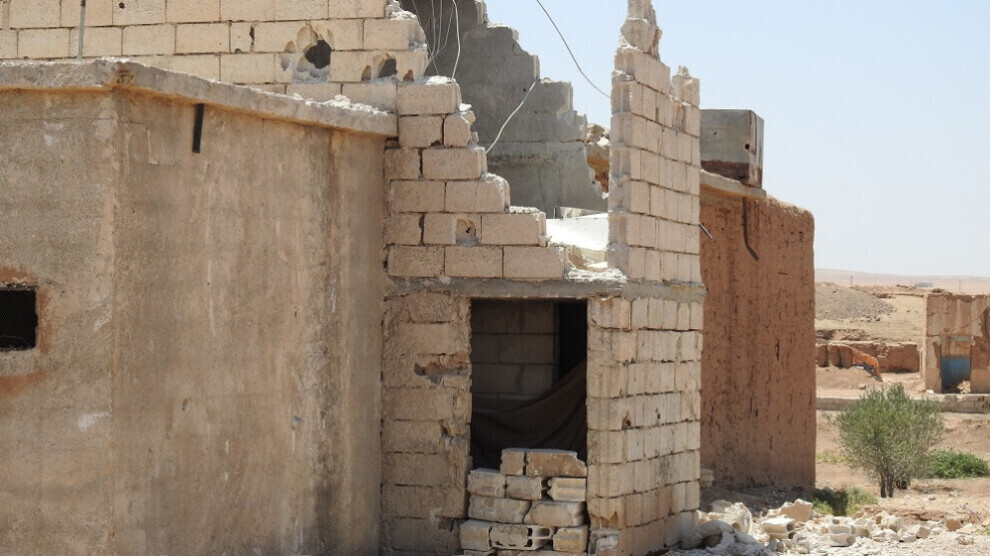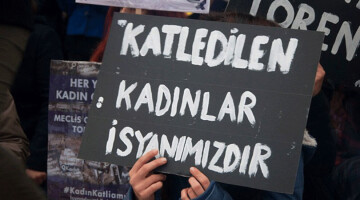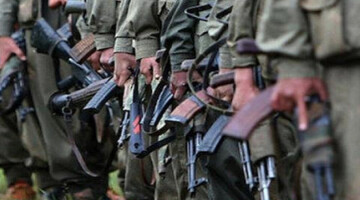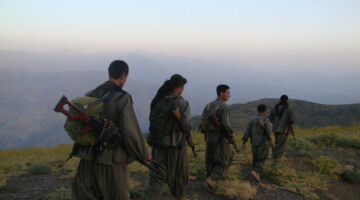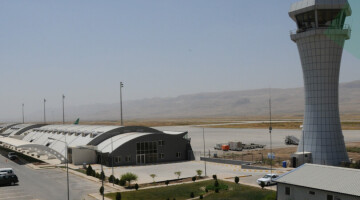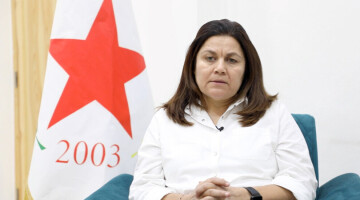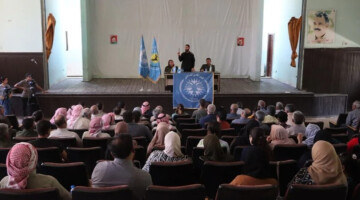Three days after the U.S. withdrew its troops from northeastern Syria on October 6, 2019, the Turkish state launched an invasion with jihadist mercenary units in the region around Serêkaniyê (Ras al-Ain) and Girê Spî (Tal Abyad). The Syrian Democratic Forces (SDF) resisted the second largest NATO army with ground forces for days. On Oct. 17, a five-day ceasefire was agreed upon between the U.S. and Turkey. A cease-fire agreement between Russia and the Turkish state followed on October 22. According to this agreement, armed units of the Syrian regime were deployed in the border area. Nevertheless, Turkish attacks have never ceased, and neither Russia nor the government in Damascus has ever taken convincing measures to stop these attacks.
Civilian population to be displaced
Currently, attacks on residential areas in northern Syria, carried out primarily by mercenaries, have intensified. Ain Issa, Til Temir and the villages south of Girê Spî as well as the route of the international M4 road are particularly targeted. Ain Issa is strategically important as a hub between Raqqa, Manbij, Kobanê and Til Temir. The M4 connects Aleppo with Iraq via Hesekê, Qamişlo and the Til Koçer (Al-Yarubiyah) border crossing.
Also strategically important are the villages of Mialeq on the M4 and Seyda, which is slightly elevated and provides control of Ain Issa. The villages of Mişerfe and Cehbel are located east of Ain Issa on the M4 toward Til Temir. If these villages are occupied, Ain Issa will be encircled. Occupying the villages south of Girê Spî would mean a siege of Kobanê.
The constant attacks on the villages are intended to drive out the civilian population and expand the Turkish zone of occupation. Those who suffer most are the people living in the region. Their homes are destroyed and agricultural land devastated. The latest culmination of these continuing war crimes was the attack on the village of Safawiyê, in which Zêdan Xelef al-Isa (54) and his children Ziyad (12), Hûda (9) and Mûne (7) were killed. The 33-year-old Xîtem Hilal El Şehber and her one-year-old daughter Sîdra survived seriously injured.
In the past two years, dozens of other civilians have been killed or injured in attacks by Turkish occupation forces. Agriculture lies fallow, and a renewed movement of refugees has begun.

